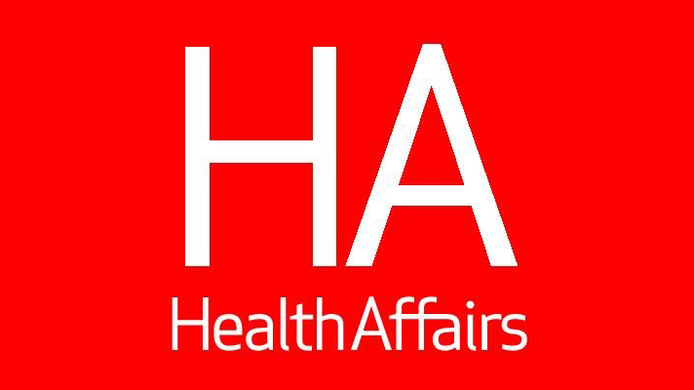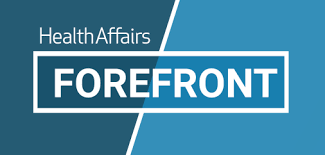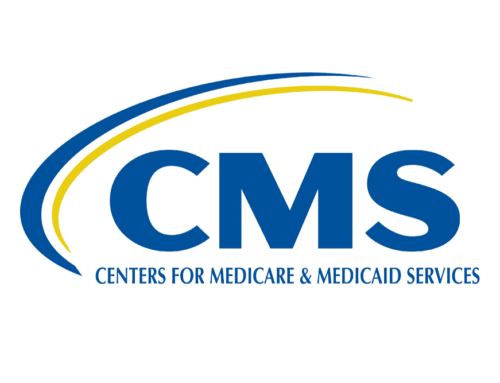CENTER UPDATE | JANUARY 2025
In this Issue:
- Trump Executive Order invalidates Biden’s $2 Generic Drug Proposal
- Prescription Drug Policy, 2024-2025
- Medicare Reforms Necessitate More Formulary Oversight
- Drug Price Negotiation Requires Oversight to Protect Older Americans
- Medicare’s New $2K Cap on Out-of-Pocket Drug Costs Could Save Patients Thousands
- Coverage of Obesity Medications Can Make America Healthier (Again)
- Connecticut Medicaid Faces Backlash Over Obesity Care Access
- 2025 V-BID Summit


Trump Executive Order Invalidates Biden's Proposal to Lower Cost-sharing for Generic Drugs to $2
President Trump has rescinded Executive Order 14087, a Biden-era initiative aimed at lowering prescription drug costs for Medicare recipients. The order proposed a $2 monthly copay for certain generic drugs. Despite this action, there is hope that the second Trump Administration will build on policies implemented in the first administration to lower out-of-pocket drug costs, such as the voluntary Part D Savings Model that capped patient cost-sharing for insulin at $35 for a month’s supply, and IRS Notice 2019-45 that allowed HSA-HDHPs to cover specific chronic disease services prior to meeting the plan deductible.


Prescription Drug Policy, 2024-2025
2024 brought significant developments in prescription drug policy, particularly the implementation of the Inflation Reduction Act (IRA). Key milestones include Medicare price negotiations for high-cost drugs and the redesign of Medicare Part D, introducing financial protections for seniors, such as capped out-of-pocket costs. Increased scrutiny of pharmacy benefit managers (PBMs) and lawsuits surrounding the 340B program spotlighted ongoing challenges in drug pricing and access.

Medicare Reforms Necessitate More Formulary Oversight
In a new Health Affairs Forefront article, A. Mark Fendrick and Kristen Axelson argue that, given forthcoming changes to Medicare Part D plans under the Inflation Reduction Act (IRA), CMS should collect and publish plan-level metrics describing beneficiaries’ use of medications. The IRA introduces several new elements, discussed here, aimed at improving access, equity, and affordability.

Drug Price Negotiation Requires Oversight to Protect Older Americans
The Inflation Reduction Act (IRA) introduced transformative policies, such as a $2,000 annual cap on Medicare out-of-pocket drug costs and payment “smoothing” options, to improve medication access for older Americans. However, concerns arise as insurers may use restrictive utilization management (UM) tactics, like prior authorization and step therapy, to offset financial risks from drug price negotiations. These barriers could delay or limit access to essential medications, disproportionately affecting older adults with chronic conditions.

Medicare's New $2K Cap on Out-of-Pocket Drug Costs Could Save Patients Thousands
A new AARP report highlights significant savings for Medicare beneficiaries under the $2,000 annual cap on out-of-pocket prescription drug costs introduced by the Inflation Reduction Act. Starting this year, the cap is expected to reduce costs for 94% of Medicare Part D enrollees projected to reach it by 2025, saving them an average of $2,474 annually.


Coverage of Obesity Medications Can Make America Healthier (Again)
The Biden administration has proposed a rule allowing Medicare to cover obesity medications, aiming to tackle the nation’s obesity crisis. While the Congressional Budget Office estimates an increase in federal spending of $35 billion from 2026 to 2034, the coverage is expected to improve patient outcomes and reduce healthcare disparities.

Connecticut Medicaid Faces Backlash Over Obesity Care Access
Connecticut’s Medicaid program is under scrutiny for restricting access to GLP-1 medicines for obesity care, despite a 2021 law requiring coverage. A recent bulletin limits coverage of these medications to individuals with type 2 diabetes, leaving people with obesity without critical treatment options. Experts argue this reflects a deeper bias and misunderstanding of obesity as a chronic medical condition, highlighting the need for greater education and equitable healthcare policies.

REGISTRATION OPEN!
2025 Virtual V-BID Summit
"20 Years of Putting Patients First"
March 12, 2025
12pm - 4pm ET
Missed an Issue of Our Newsletter?
You can always find previous editions of our weekly newsletters on our website here.





